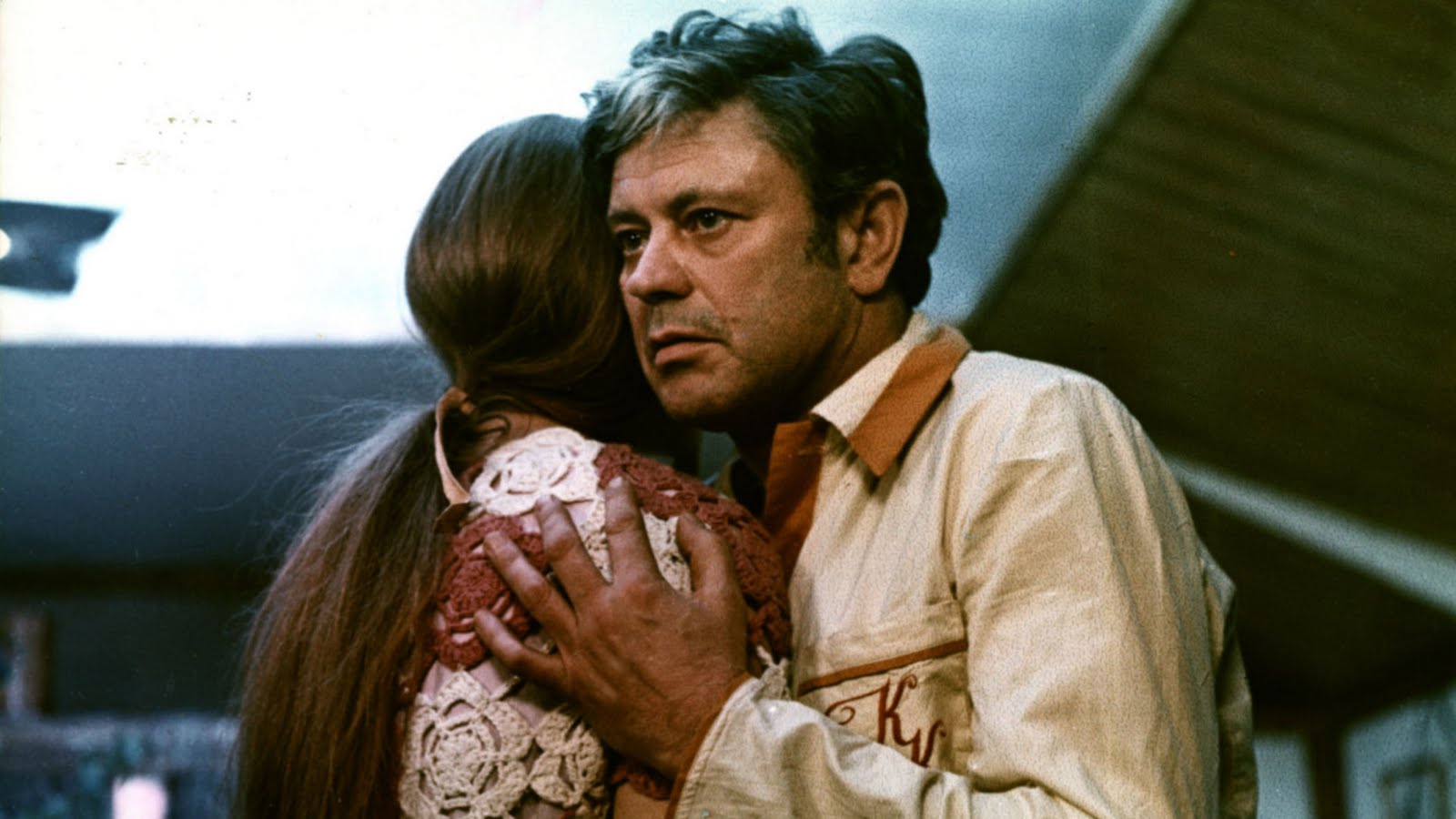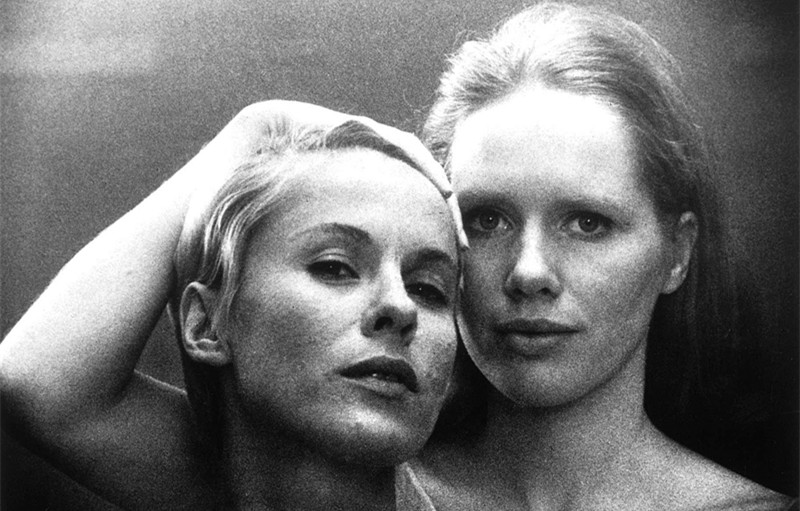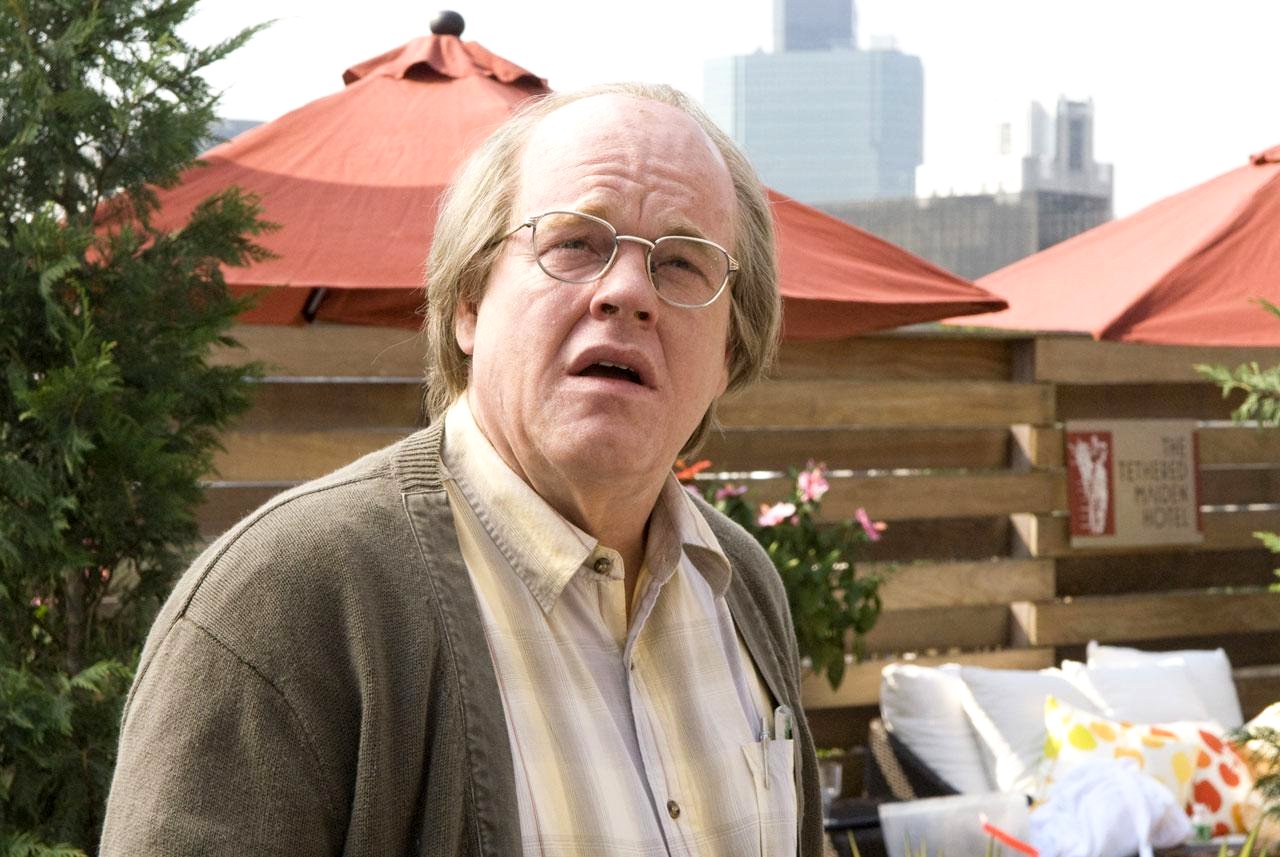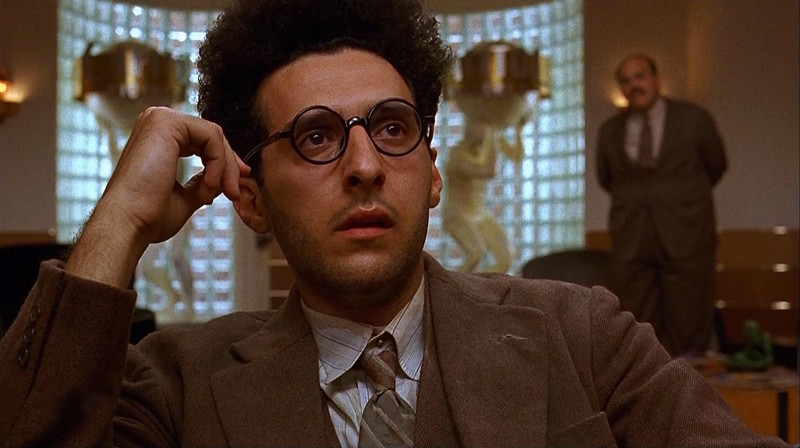5. Solaris

Andrei Tarkovsky’s Solaris was a risky film made in an era of crude special effects and with a grandiose vision, and yet it manages to capture the eye and the mind in a way that other films (yes, I’d even say 2001: A Space Odyssey) cannot. Much of this is done by having things happen off screen or behind doors. It is a deeply psychological film in which psychologist Kris Kelvin (Donatas Banionis) is sent to try to understand the madness going on inside the minds of 3 astronauts.
Rarely is a psychologist’s job easy, and especially above the ocean on Solaris, an ocean which is a sentient being capable of manipulating others. The psychological warfare is very pointed, as Kelvin finds out when he interacts with his recently-dead wife over and over again.
In this case, the ocean is not Descartes’ “dream” problem, but is rather Descartes’ “evil demon” that manipulates others by toying with reality and the laws of nature. If everything one knows is called into question, how can one respond?
4. Persona

While not my personal favorite, Ingmar Bergman’s 1966 Persona marks a high point in his cinema, winning several awards and being one of the higher rated films of all time. Part of its impressive artistry are the things Bergman manages to do, such as innovative artistic uses of film in which viewers see the medium tear apart and symbolically come together again. Often termed one of the more daring films ever made, it’s easy to see why people love or hate Persona.
It all begins with Alma (Bibi Andersson), a young nurse set to watch over Elisabet (Liv Ullmann), a bizarre actress in great health who doesn’t speak. The two spend a great deal of time together, all of which involves one-way dialog from Alma. Alma comes to trust Elisabet, even telling her everything from her life, and a relationship is slowly formed. As it grows, Alma and Elisabet’s persona’s merge into one and all of reality and their personhoods begin to blur.
3. Synecdoche, New York

Charlie Kaufman’s directorial debut, Synecdoche, New York follows Caden Cotard (Philip Seymour Hoffman), a dying playwright, as he works on his magnum opus. That sounds fairly straightforward, but the play is actually written and performed over a period of decades as Caden’s life spins out of control.
The central focus of the film is Caden’s mortality. At the end of the film he quotes Heidegger and slowly fades out of existence on the screen. Another focus, however, is exactly how Caden fades out of reality, as his obsession with his work turns his life into an act itself.
Over a period of time, Caden’s life becomes so muddled that he can’t control it, and so does his play. He hires actors to play himself but loses control of them (ending in tragedy), just as he loses control of his personal life. The result is a blurred reality, in which he can’t control the relationships in his personal life or the representations of them in his play. Reality becomes so mired up that both he and his character have to escape, and death is the only path out.
2. Barton Fink

Perhaps the Coen Brother’s greatest, Barton Fink is an underappreciated film about another playwright (notice a trend here?) who loses himself in his work. Barton (John Turturro) has met with great success in New York and tries to leave to write screenplays in Hollywood. As soon as he gets to the picturesque city though, things are not as they seem and he struggles with his work.
Perhaps the best character in the film is the hotel in which he stays, which communicates with Barton to his chagrin almost daily via weird sounds, peeling and oozing wallpaper, and extreme heat.
His next door neighbor Charlie (John Goodman) is a weird fellow who, despite being the perfect character for Barton’s screenplay, incessantly distracts Barton from his work and keeps him from getting anything done. Both his boss and producer consistently harass him, and his idol W. P. Mayhew (John Mahoney) is a drunken fool. Nothing is what he expected.
The changes to reality come as surrealism enters the picture. Charlie seems to have superhuman powers, and they cause some weird happenings in Barton’s life. It’s actually unclear whether or not Charlie is human or some evil demon, but his help allows Barton to break out of his funk and write his best work ever (which is, coincidentally, rejected).
So, what about this questions reality? It’s hard to say without revealing too much of the plot. Let’s just say that Barton has some surreal dream-like experiences that could be real or not, and that it’s very hard for viewers to know the truth of what happens.
1. The Matrix

The Matrix isn’t the best film on this list per se, but it is indisputably the best film to really get one thinking about the way we perceive reality. One of the biggest hits of the 1990s, it won 4 Oscars and is consistently rated one of the top 25 films of all time.
It even features a great performance by Keanu Reeves, whose personality fits his role as Neo for the film. If you haven’t seen it yet (and I don’t truly think that’s possible), then please, do yourself a favor and see it immediately. The rest of the world exists to allude to The Matrix.
Okay, only kidding there.
So, in short, Neo is a computer hacker who, by happenstance, discovers that all of reality is being controlled by some higher power. He awakens from this daze and begins to fight back, only to discover that his means of fighting back are even controlled.
Neo is, as viewers see, pretty much a classic philosophy thought experiment—a brain in a vat. He even has to physically disconnect himself from the wires in order to break free to the higher reality. The philosophical and psychological aspects of the film, along with its great 90s tropes, make it a classic that will always be relevant.
Author Bio: Ben Wilson is a recent graduate of Yale College, where he studied Philosophy and Political Science. A film buff and addict, he views film as the proper medium for philosophy in the 21st century.